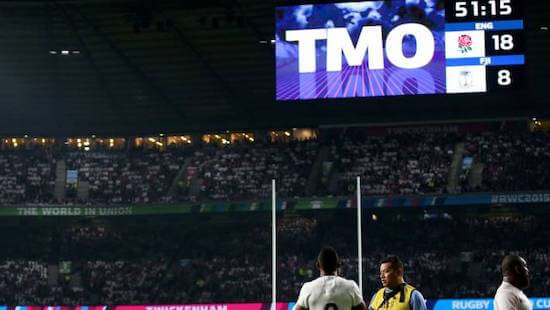
Today I am using the example of Rugby as a way of expressing how a leader can delegate responsibility at different levels.
In Rugby, the laws of the game state: The referee is the sole judge of fact and of law during a match. The referee must apply the laws of the game fairly in every match.
In short, the Referee has full responsibility. However, responsibility is not the same as role. A leader may retain responsibility while delegating all or part of the roles that sit with that.
One great example from Rugby of choosing how much to delegate is how a Referee interacts with a TMO. A Rugby referee already delegates some of their responsibilities to the touch judges on both sidelines. Also, in recent years, higher-level matches often also have a “TMO” (Television Match Official), who is also a qualified official and sits in a screening room where they can review replays to aid the referee in decision-making.
One of the areas where the TMO’s assistance can be called upon by the Referee is in awarding a Try. Though World Rugby has recently changed the instructions that referees are to give to the TMO to narrow this, I find it fascinating that there is a spectrum of the delegation that can be given by the choice of question the Referee puts to the TMO.
At one end (limited delegation) was: “Any reason why I can’t award the try?”, or, “I’m pretty sure of my decision, tell me if you see a clear error in that”
On the other end of the spectrum (full delegation) was: “Try, or No Try?”, ie “I’m giving you no guidance as I am not at all sure, tell me what you think”
Now the wording permitted is different: “my on-field decision is x, but can you check y”, but still, with this, the referee can give as narrow or expansive a question or set of questions as they wish.
When you delegate responsibility, how much of it do you delegate and how much control do you retain?
